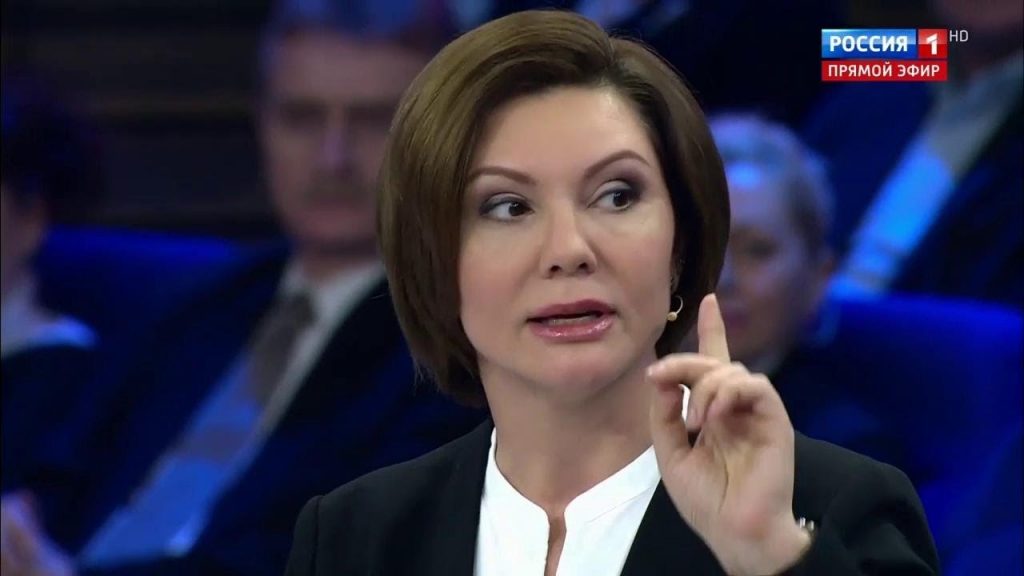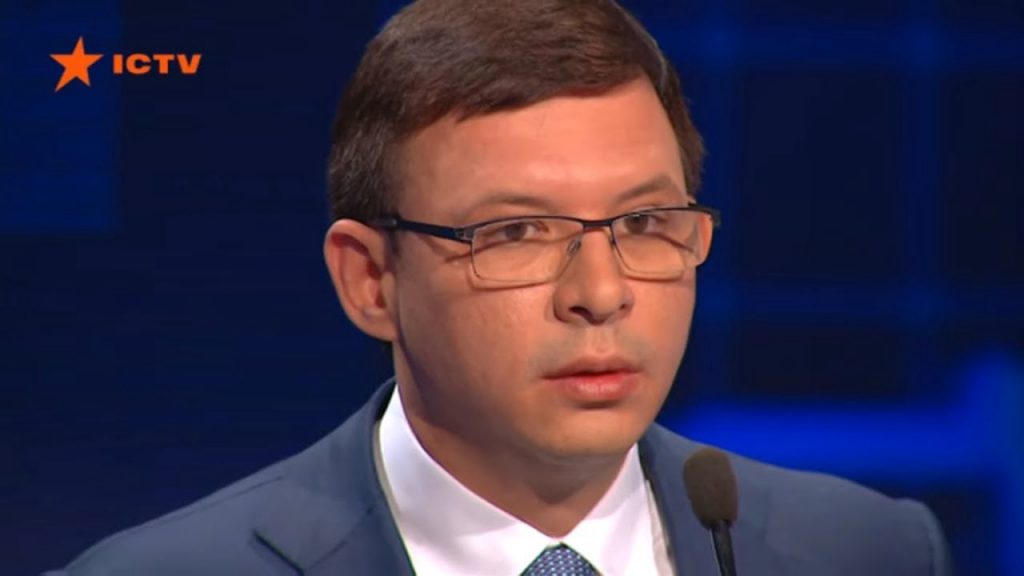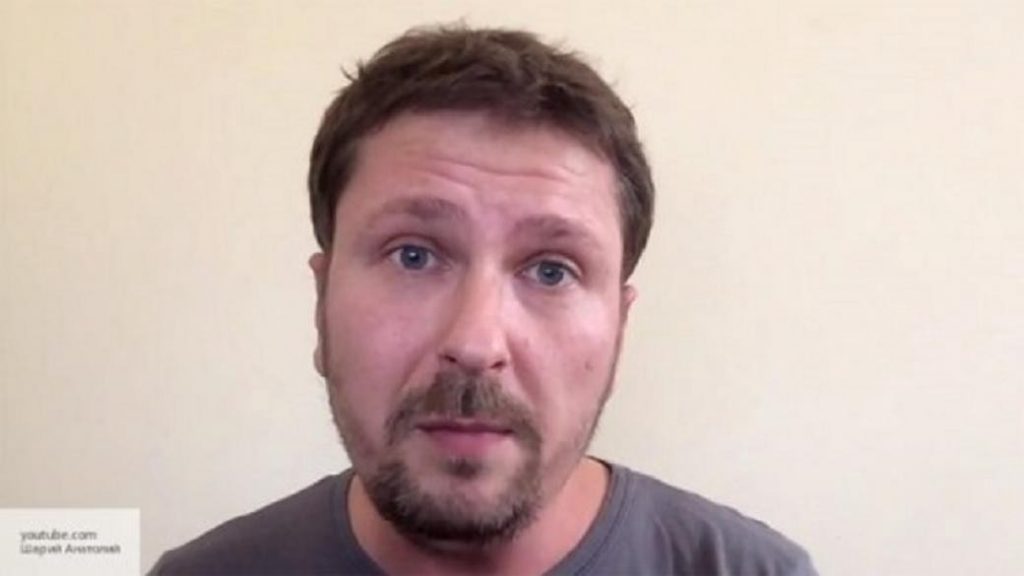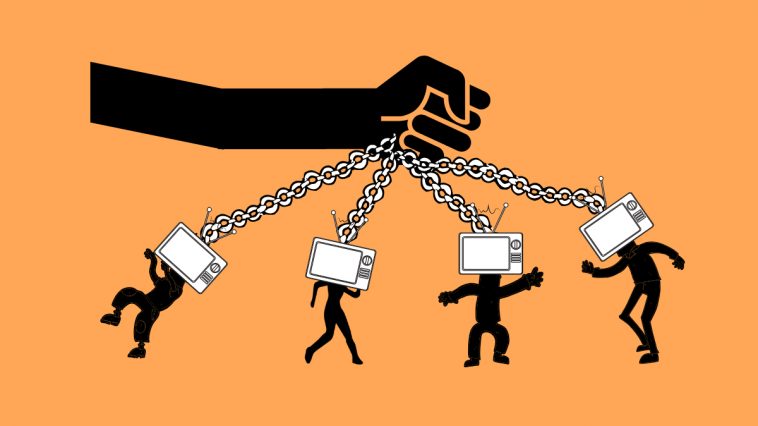With COVID-19, the world is battling two pandemics at the same time — disease and panic. Fear, understandable in the times of crisis, risks turning into crippling chaos that undermines trust towards local governments and democratic institutions — especially when it is carefully incited by third actors. As evidenced by the EU’s diplomatic service, the Kremlin has been actively involved in spreading coronavirus-related disinformation with a goal to “to aggravate the public health crisis in western countries, specifically by undermining public trust in national healthcare systems”. While we at Ukraine Crisis Media Center have previously explored how Russian government exploits the coronavirus pandemic to reach its strategic goals at home and abroad, a particular aspect of the Kremlin’s activities demands particular attention — its reliance on the local proxies.
A significant part of the network in Ukraine is connected to a pro-Russian oligarch Viktor Medvedchuk, who has repeatedly used 3 TV-channels (112, ZIK and NewsOne) to promote Kremlin’s narratives, from parroting Moscow’s position on the independence of Ukrainian church to launching the campaign against George Soros and civic society. COVID-19 gave Medvedchuk-linked channels a perfect opportunity to emphasize yet another Kremlin-tailored narrative on Ukraine as a failed state. While Kyiv’s response to the pandemic is indeed problematic at times, the TV-network has portrayed governmental institutions as utterly incapable. The medical system is under particular attack, and all the governments after fugitive pro-Russian President Viktor Yanukovych, who escaped to Russia after the Revolution of Dignity, are criticized for “ruining” Ukrainian healthcare.
Another message corresponding to key Kremlin’s narratives — this time on the channel “Nash”, owned by another pro-Russian politician Yevhen Murayev, — is the idea of Ukraine being under foreign governance. In particular, Olena Bondarenko, a former MP of the “Party of Regions”, who took active part in the anti-Soros campaign, claimed that
In order to deal with the crisis, it is, first of all, necessary to make sensible decisions that are in the interest of our country, not in the interest of some third countries, which have quite a significant and developed network of agents here.
She also went so far as to say
Could this crisis be artificially created? Precisely for eliminating any chances of sustaining our economy during these absolutely unhealthy quarantine measures.
Such claims border on conspiracy theories, implying the existence of powerful foreign actors with malicious intent of weakening Ukraine — taken into account Mrs Bondarenko’s history of anti-American sentiment, the ultimate enemy here is, unsurprisingly, the United States.

Murayev himself has supported the anti-Western sentiment, targeting International Monetary Fund and insisting that Ukraine should default on its debts — a position that seriously damages Ukrainian credibility on the international arena and which is especially popular with a number of oligarchs for whom default would give a chance to expand their economic influence. He has also suggested Ukraine should ask for refinancing — from Russia, which, according to him, would be possible should Ukraine soften its rhetoric that would automatically mean accepting the aggressor’s policies.

Another pro-Russian figure, a notorious blogger Anatoliy Shariy, also hasn’t missed the COVID-given opportunity to promote the failed state narrative — reinforcing it with the idea of far-right dominance in the country. He is a frequent guest of Medvedchuk-linked channels which demonstrates how Kremlin’s agents of influence expand each other’s audience. At one of them, ZIK, he claimed — in rather vulgar terms — that local government in Kyiv
didn’t do sh*t. They organized Bandera-reading evenings and torch [vulg.] marches, and didn’t do anything related to the issue.

On a different occasion Shariy has vehemently criticized Ukrainian migrant workers who now come home en masse. He stated that
The first tendency that I’ve noticed is not related to coronavirus — it’s related to the brain virus. They all go abroad, live there, work there, don’t pay taxes, yet they tell the Ukrainian how they should live, who they should elect and so on and how good is Poroshenko.
This way he polarizes society in two ways at once: first by inciting hatred towards those who live and work abroad, second by equating them with supporters of the former President, a group that he also often targets with hate-speech. Additionally, he insists that official statistic should not be believed and that the government will cover up the amount of deaths caused by COVID-19, further undermining trust towards Ukrainian government.
Overall, pro-Russian actors in the midst of pandemic aim for: promoting the idea of Ukraine as a failed state, questioning the reforms made by pro-European governments, suggesting moving closer to Russia despite its ongoing aggression and polarizing Ukrainian society from within. All of these factors call for systemic response on behalf of the government, which lies not only in long-term development of substantial reforms. Right there is a pressing need for establishment of professional crisis communication that would provide citizens with timely, accessible, easy information, diminishing demand for emotional manipulation on behalf of the agents of Russian influence. This has not been done yet — and if there is a time to do this, it’s now.
Instead, Ukrainian government seems to have taken a wrong turn. Increasing activity of Kremlin’s agents demands more scrutiny and adequate countermeasures, not extra promotion, which seems to be the case. In particular, all three Medvedchuk-linked channels are involved in a nationwide project “All-Ukrainian School Online”, in the framework of which lessons will be televised for students starting on April 6. While ensuring uninterrupted yet safe education under COVID-19 quarantine is important, the choice of media is questionable to say the least, especially considering that a total of 11 channels are included, so lack of participants is not the issue. By bringing on board the channels that repeatedly promote Kremlin’s agenda, government legitimizes them — and, by proxy, disinformation. Such a decision will also naturally result in exposing even more audience to the Kremlin’s media influence — the last and least safe thing to aim for in the midst of pandemic, actively used by Moscow to promote its agenda.


